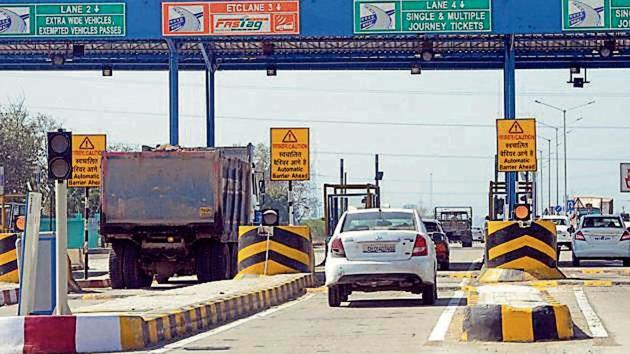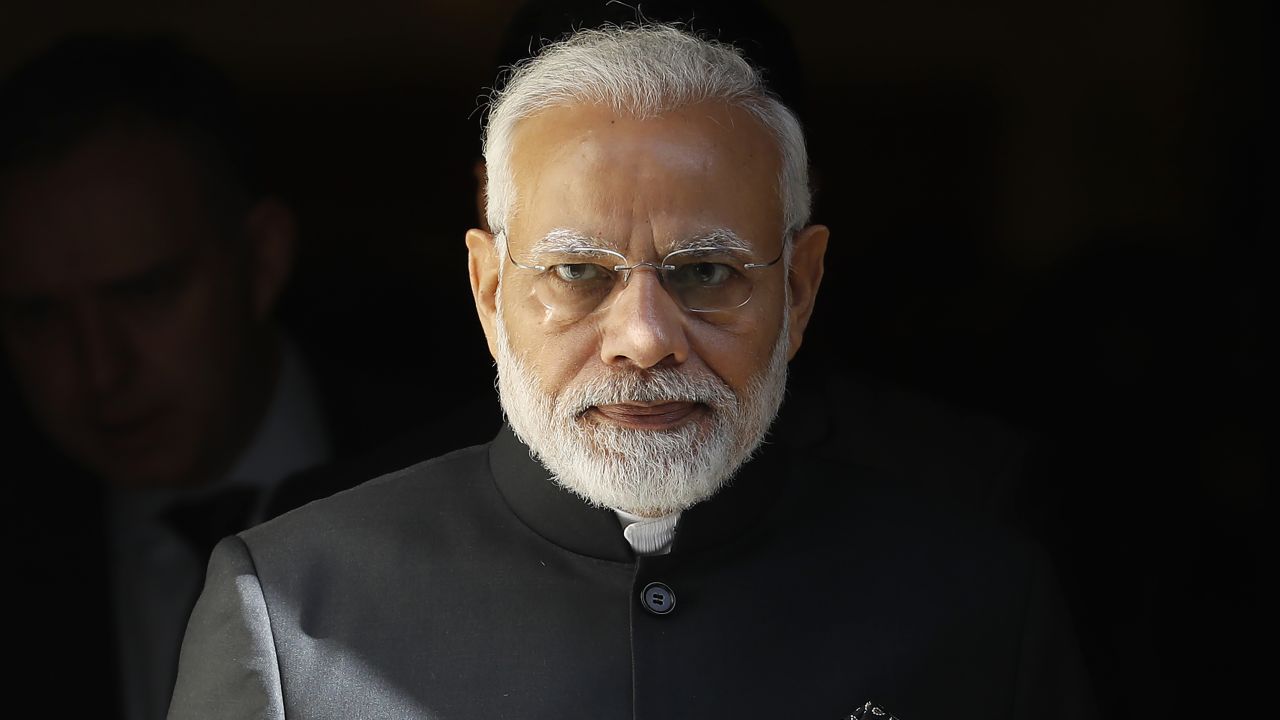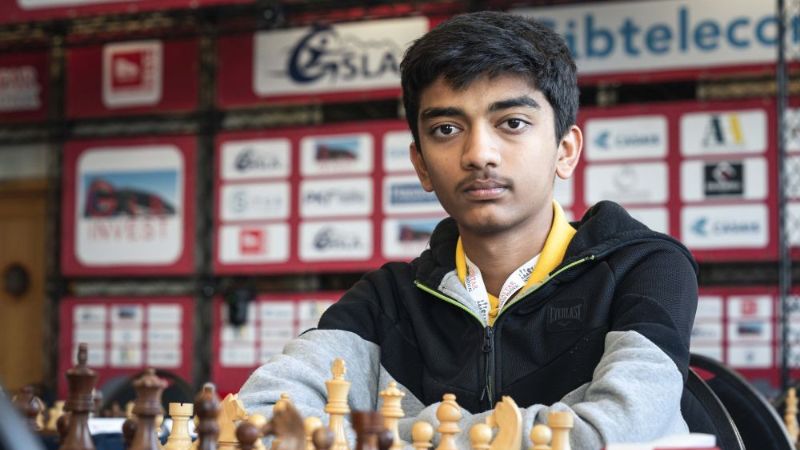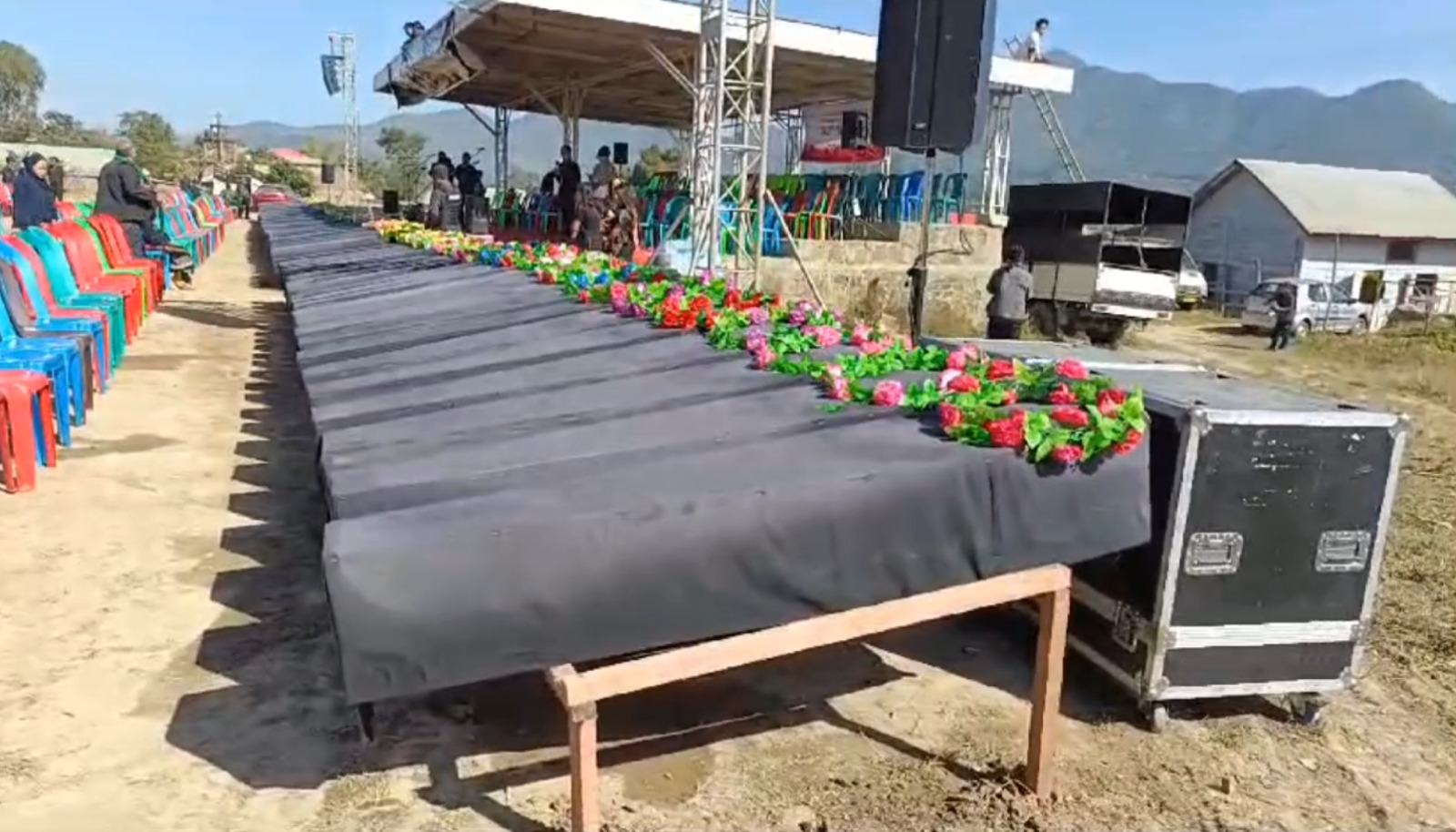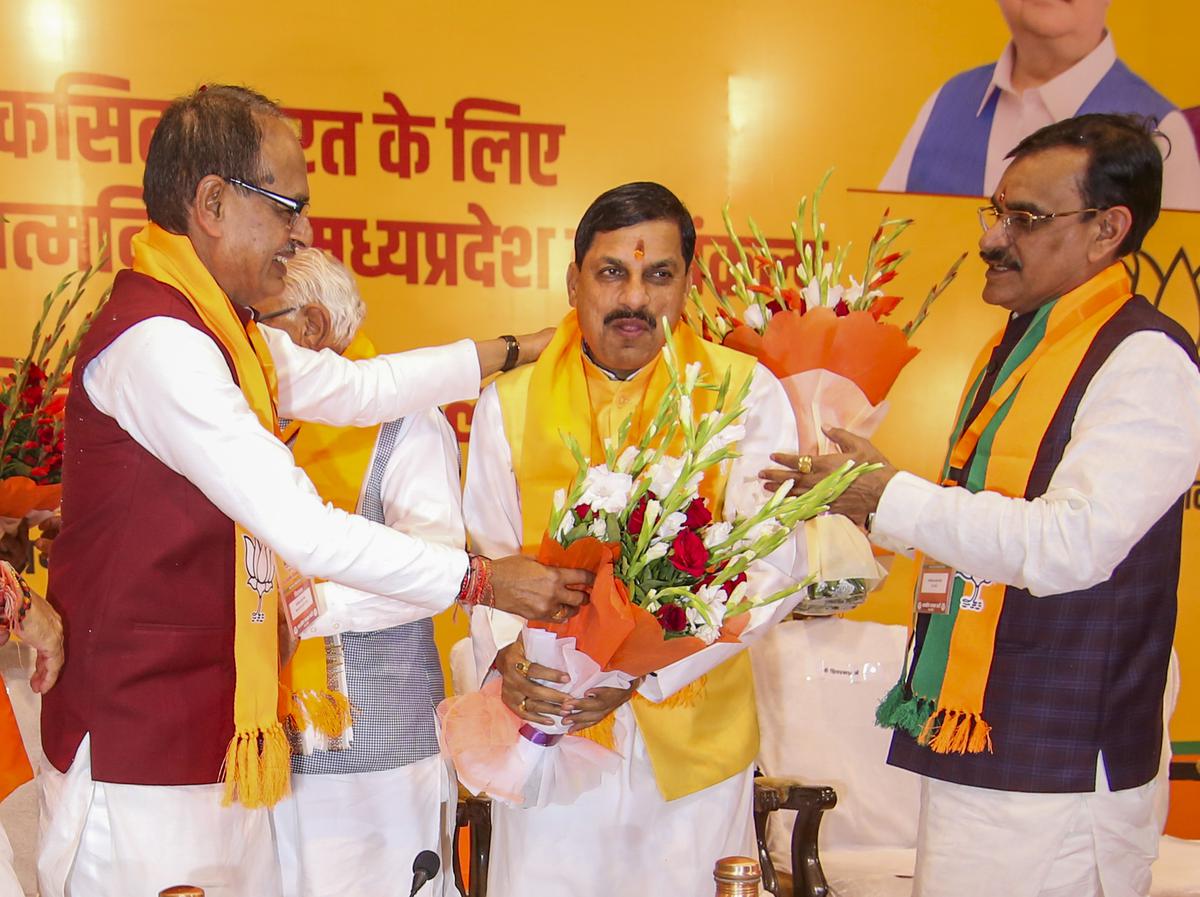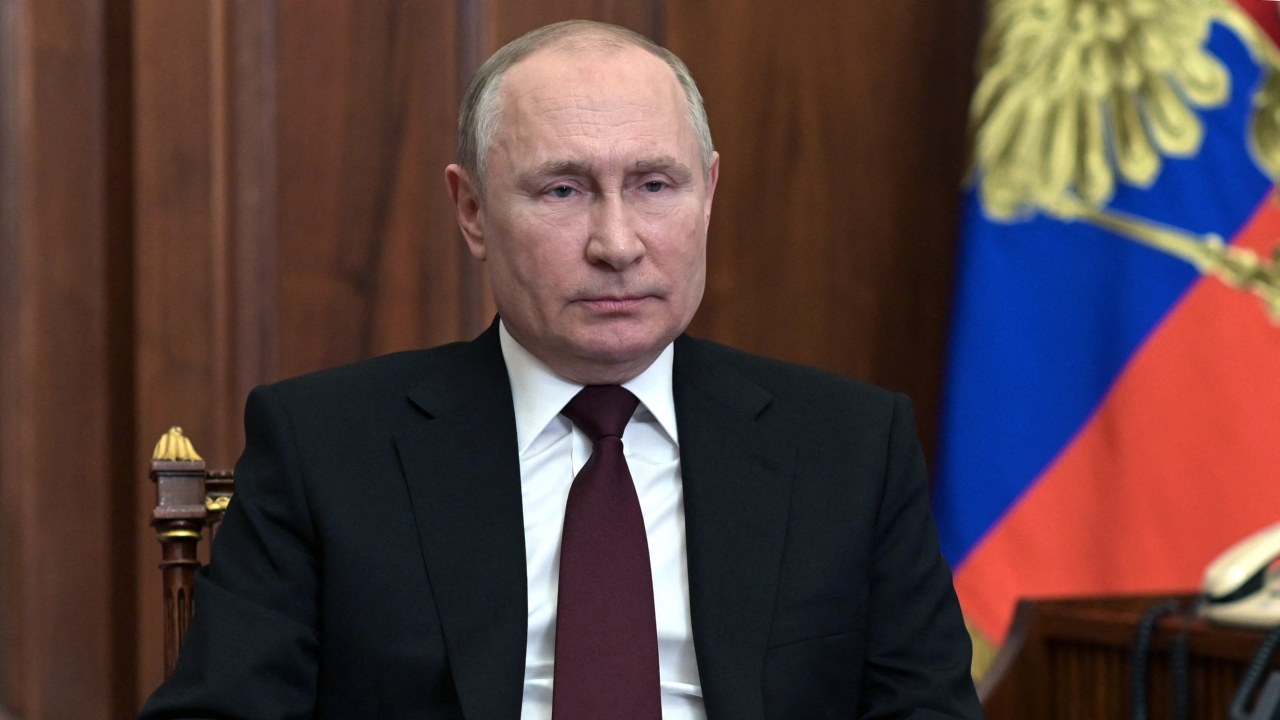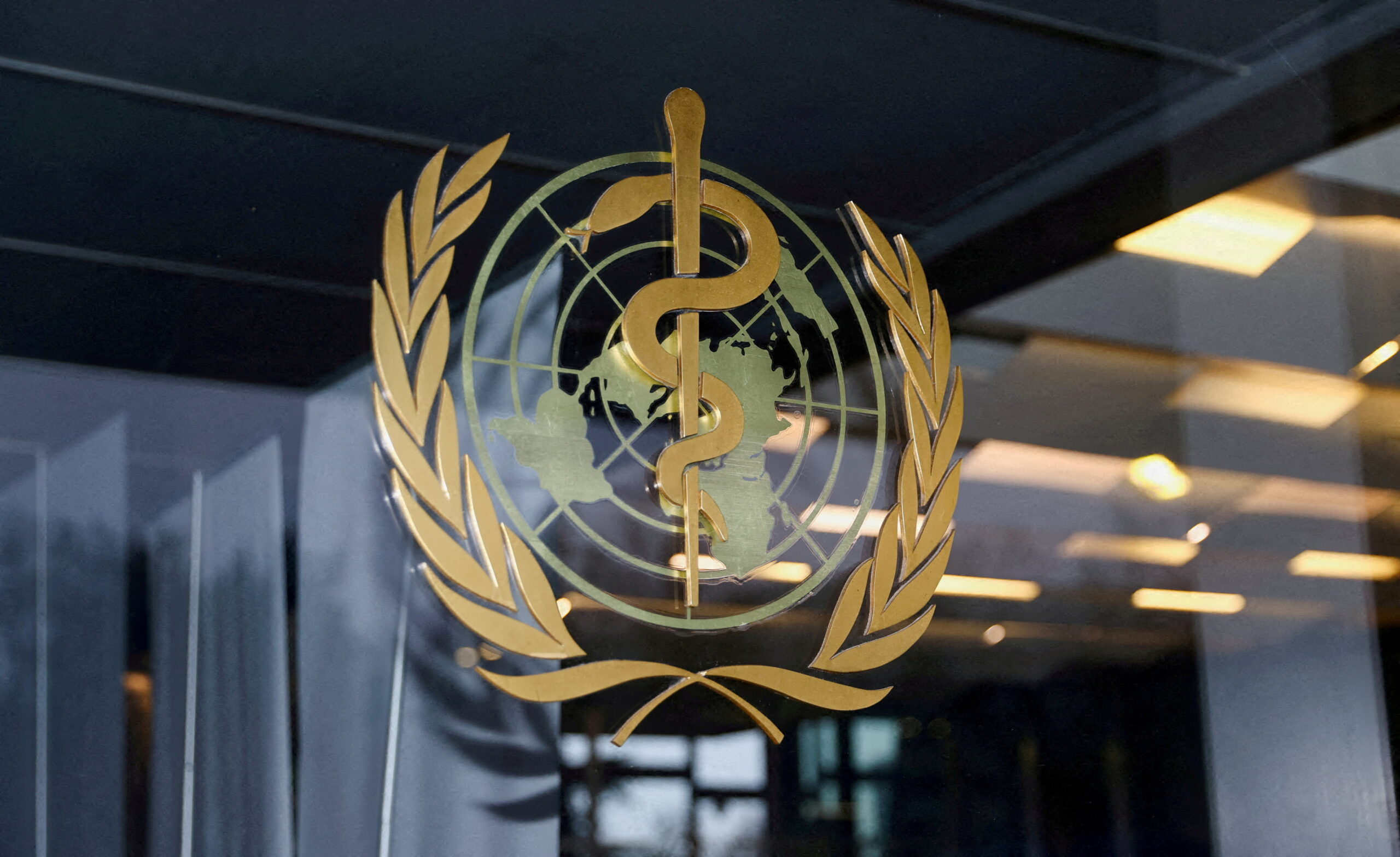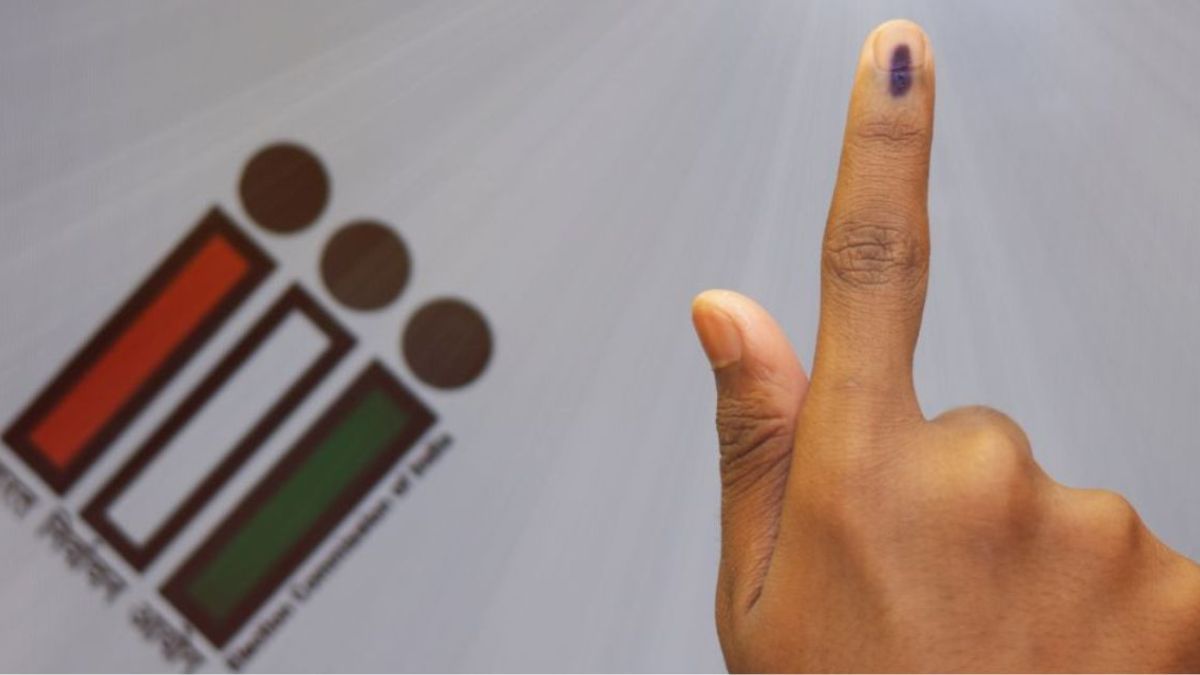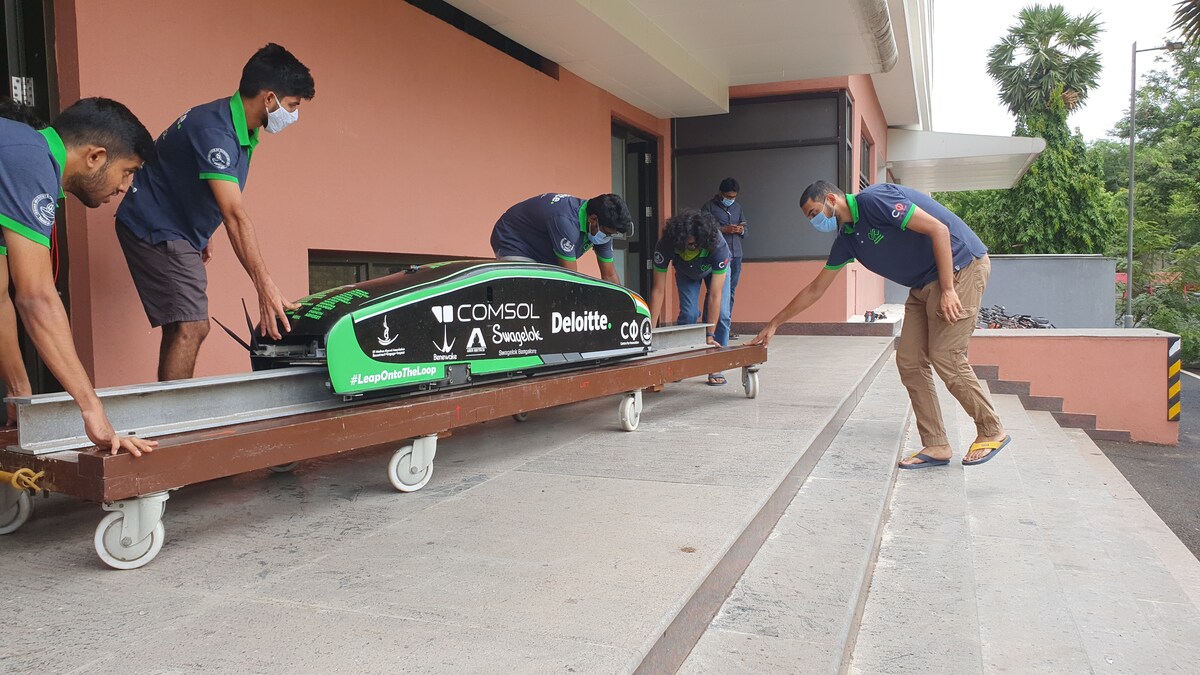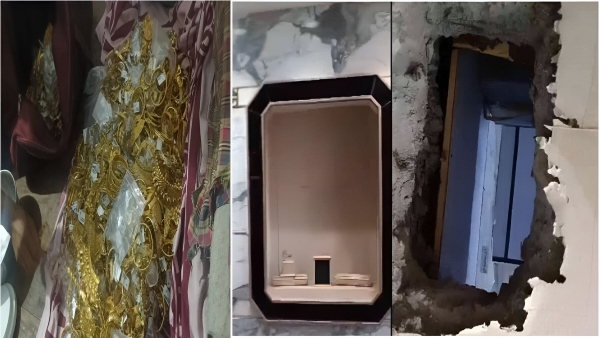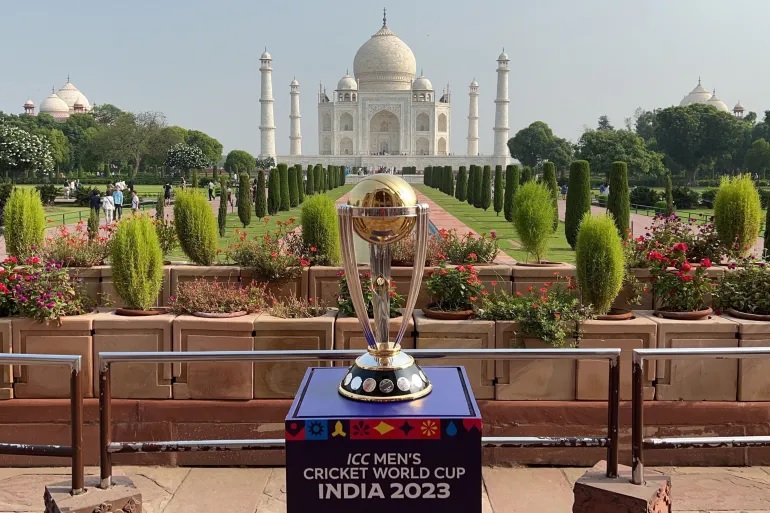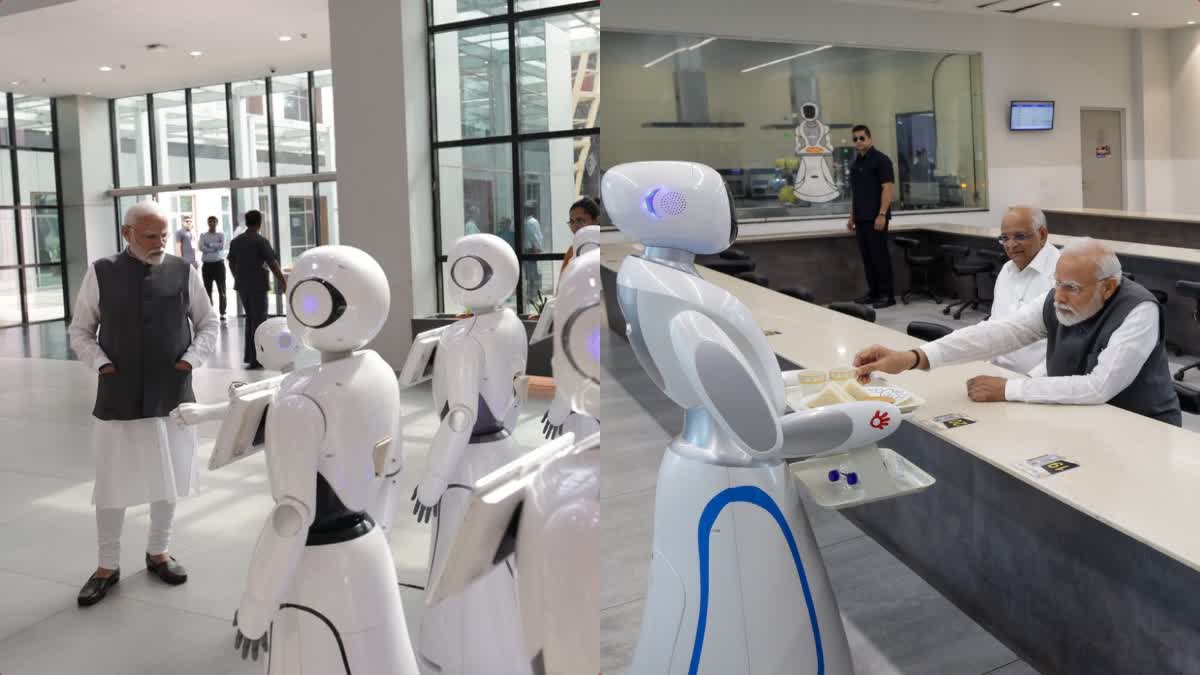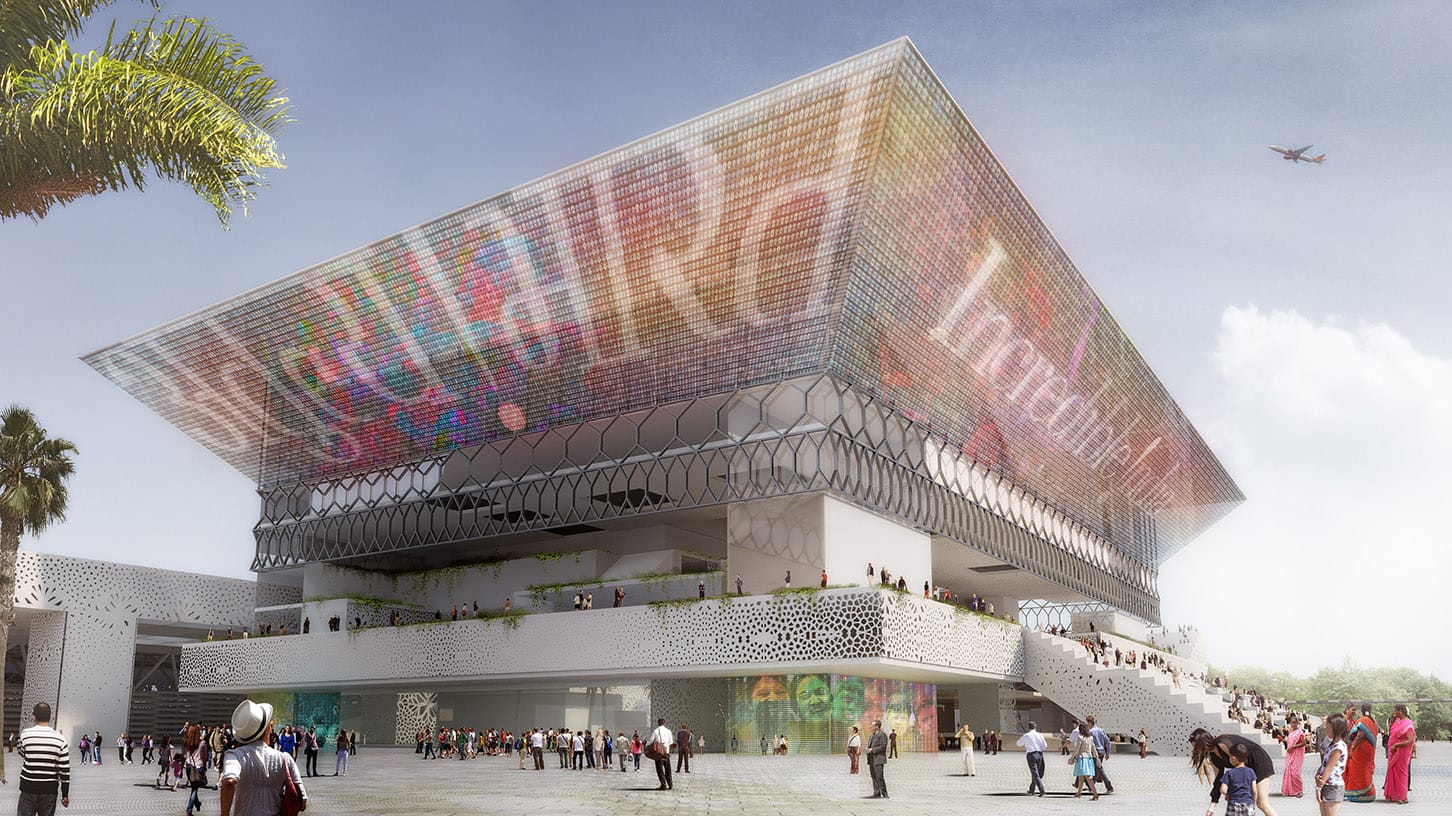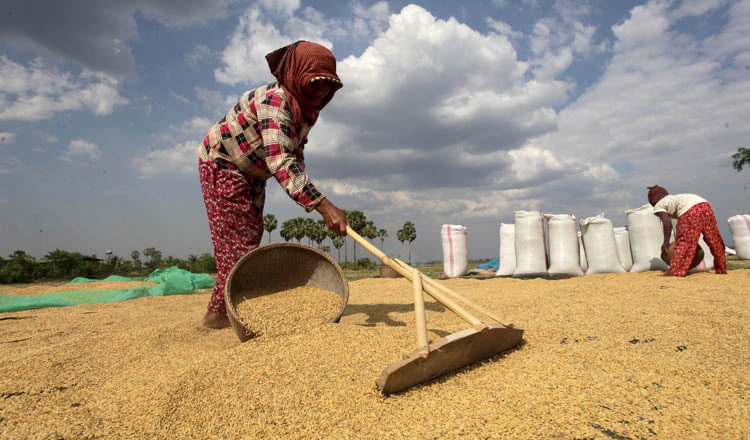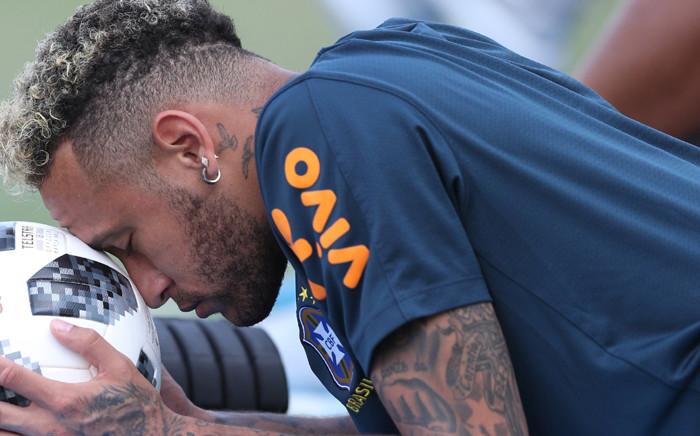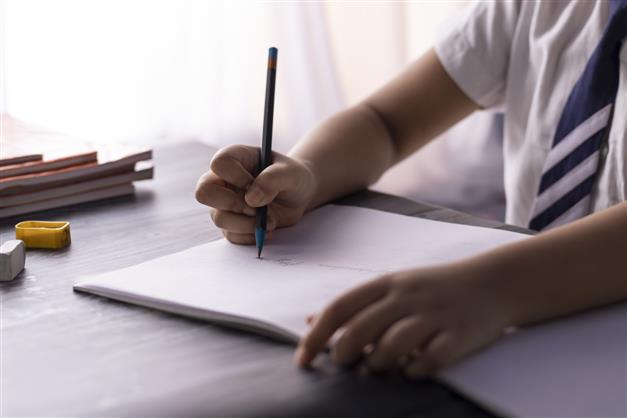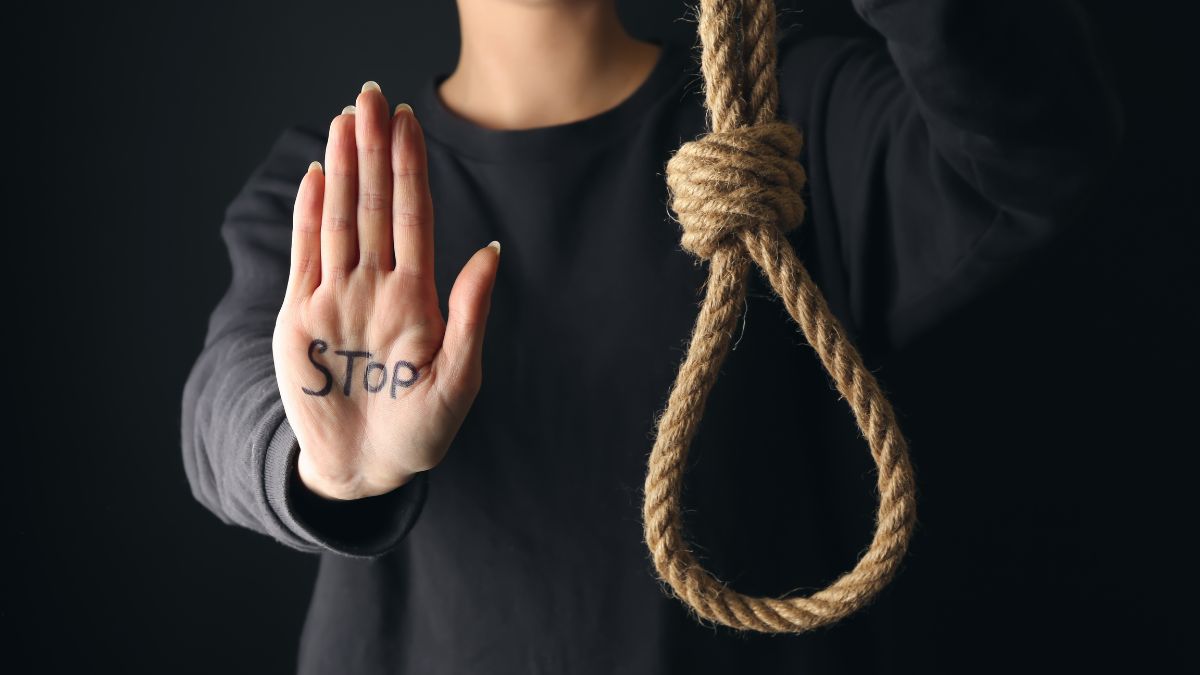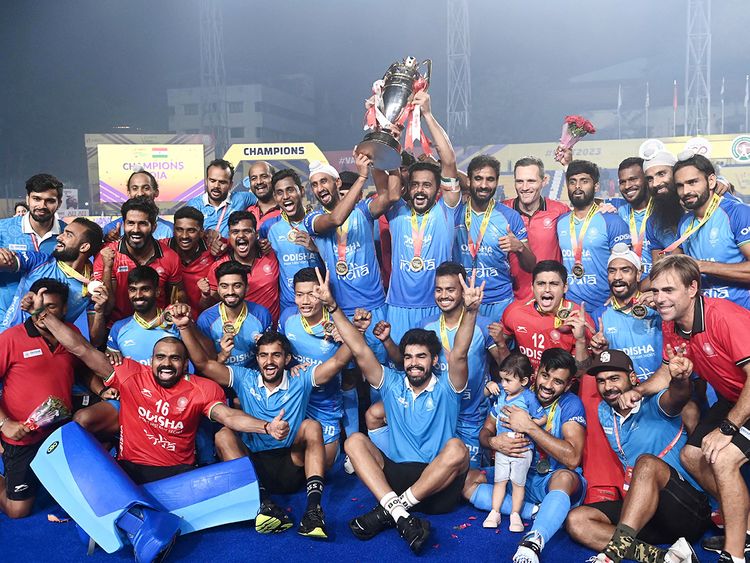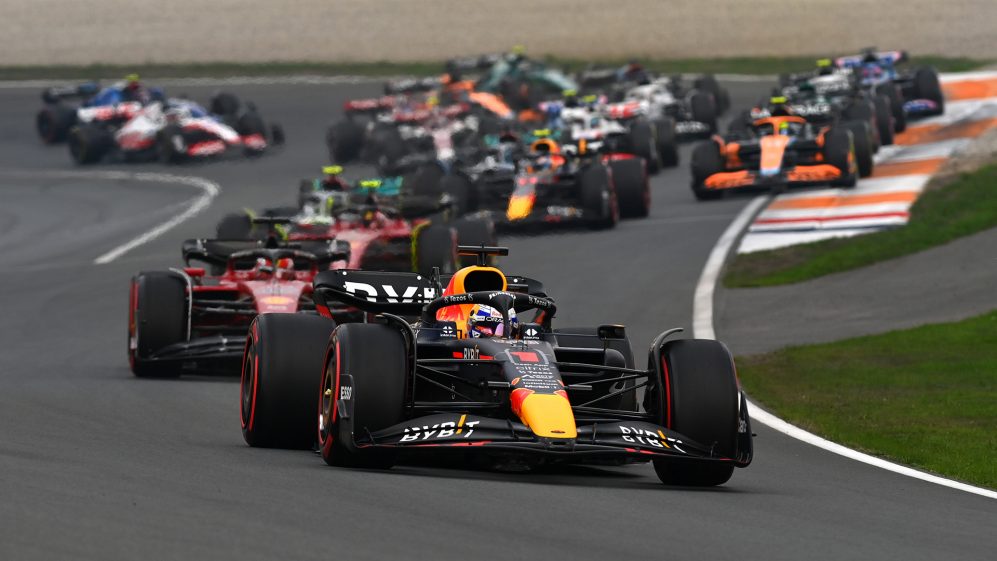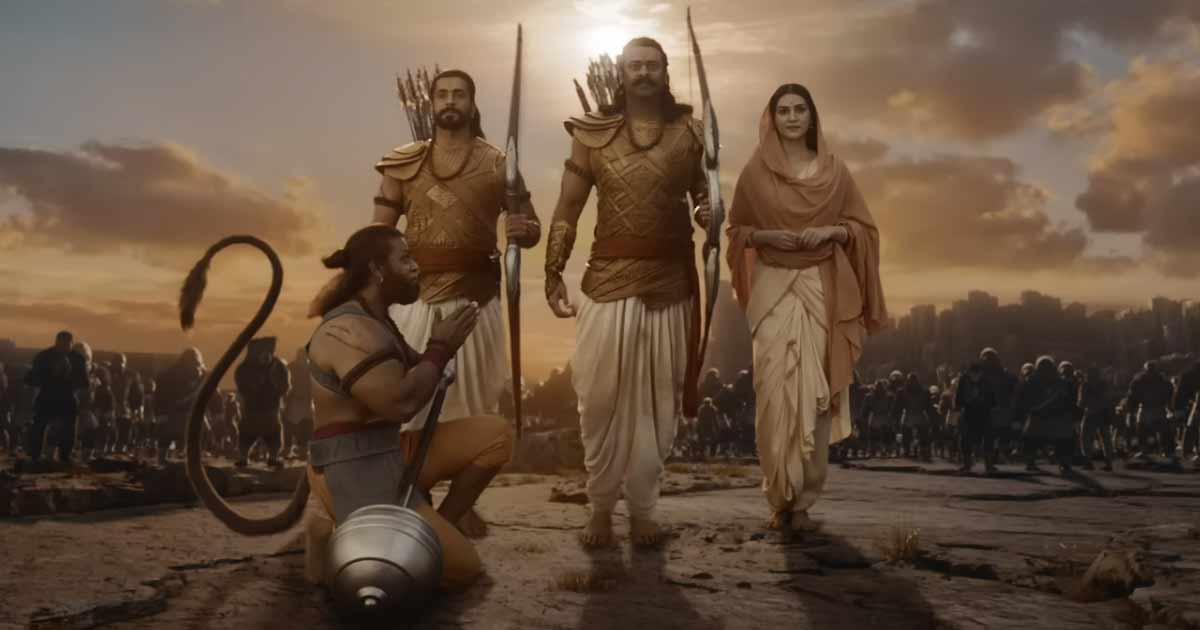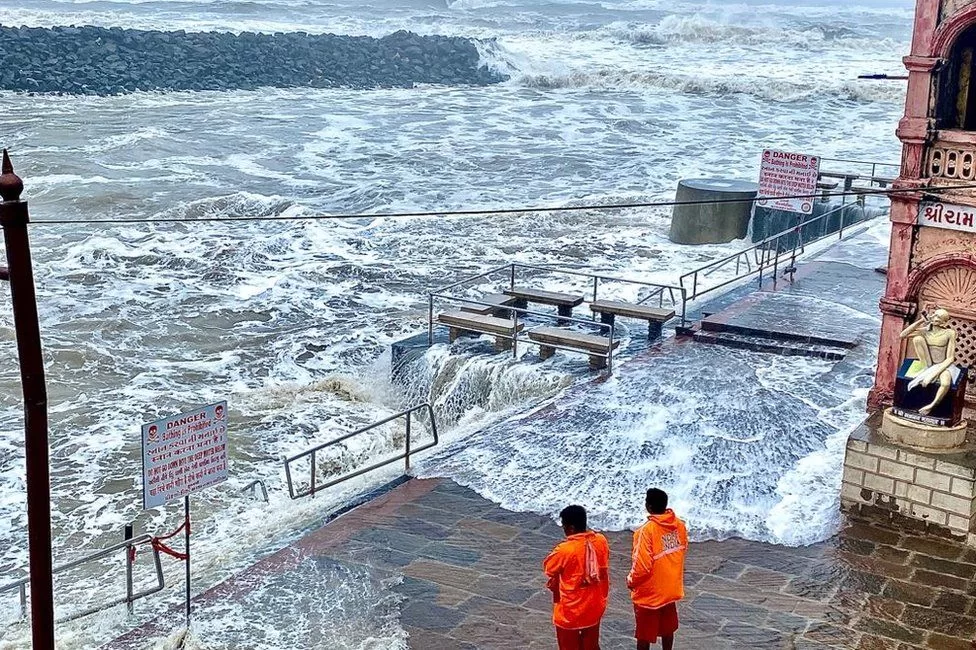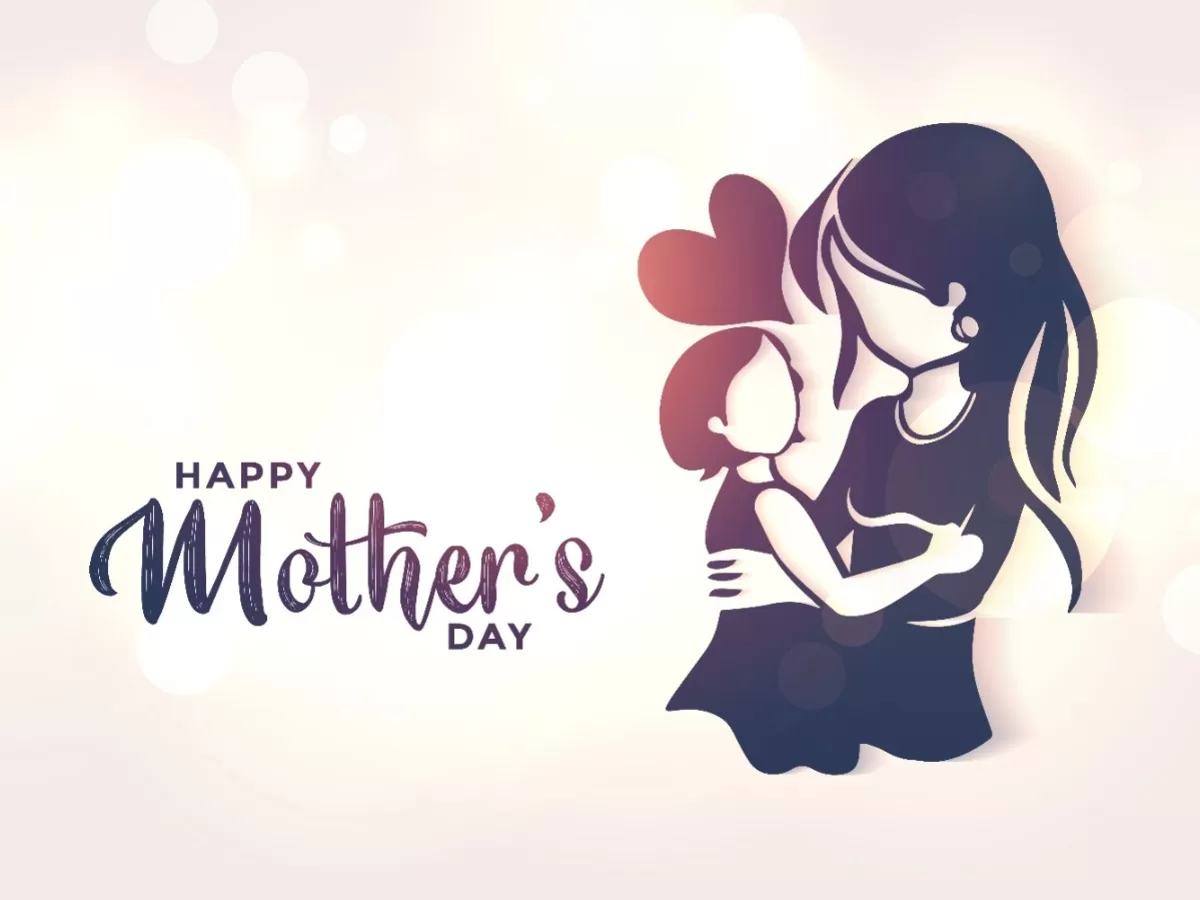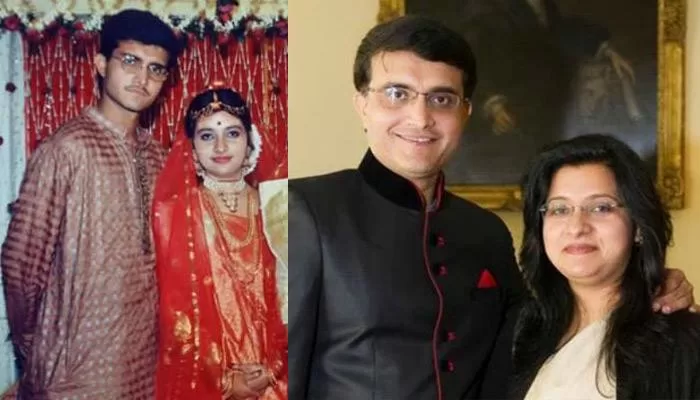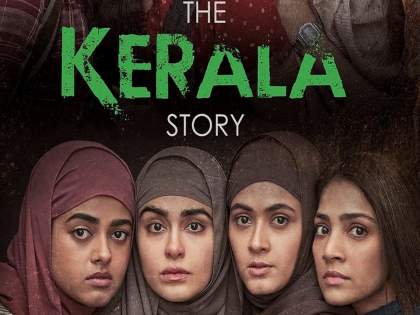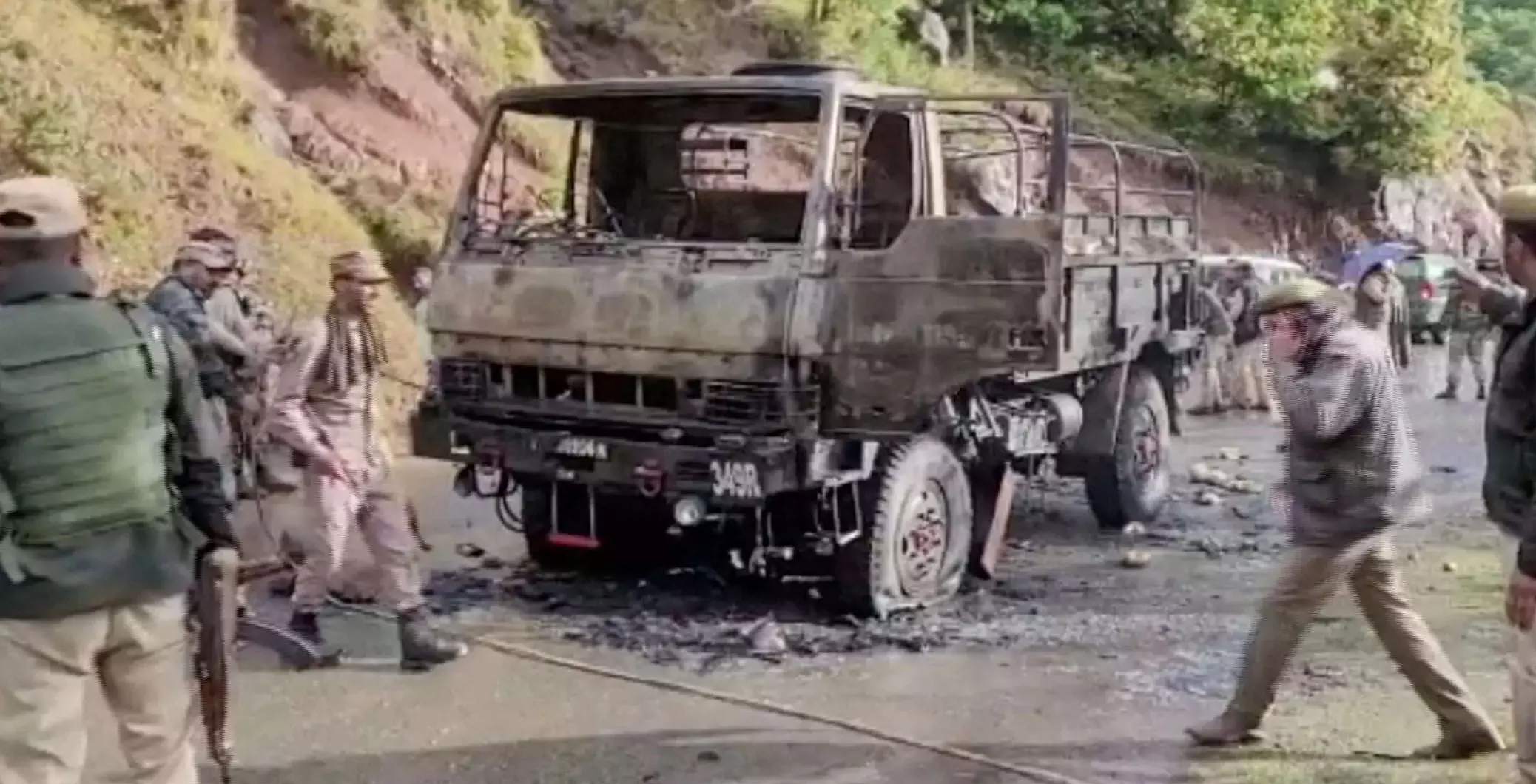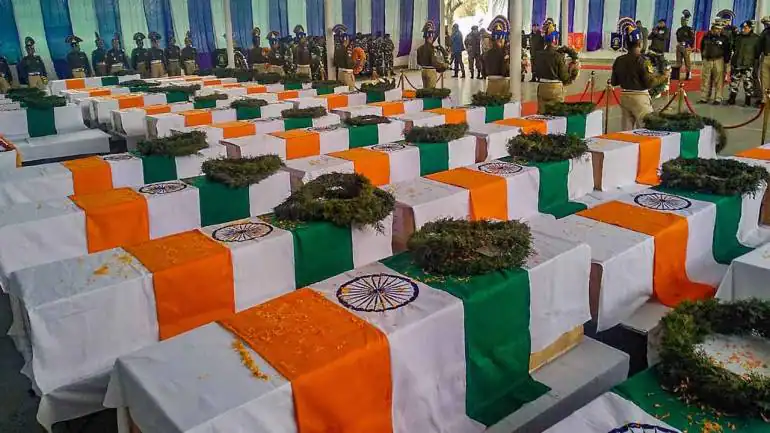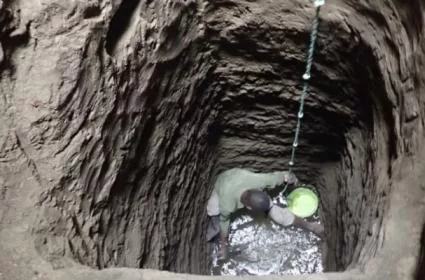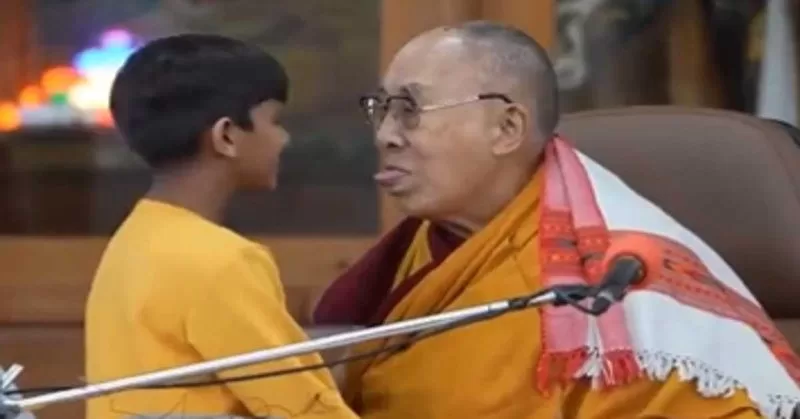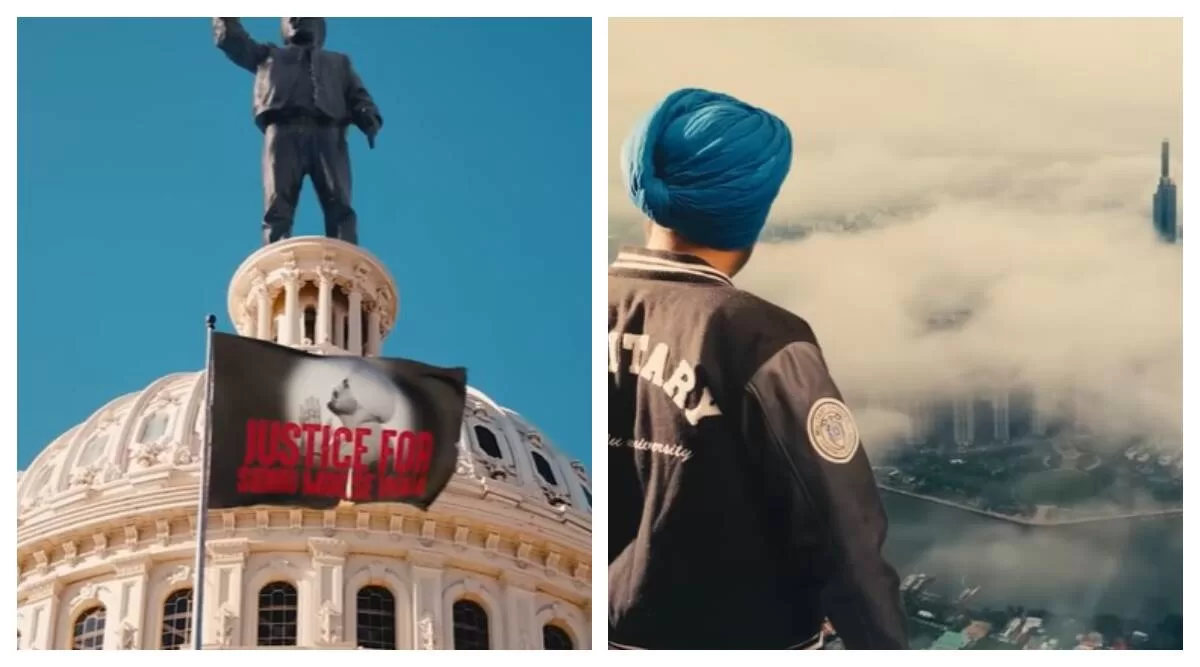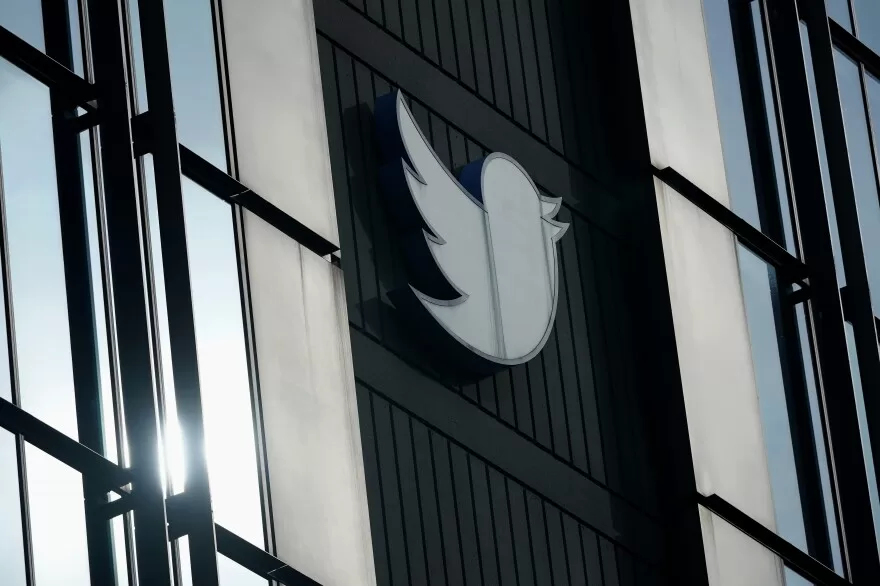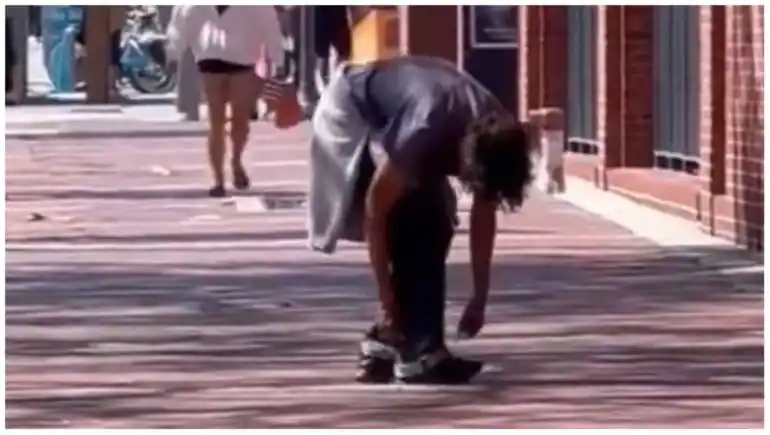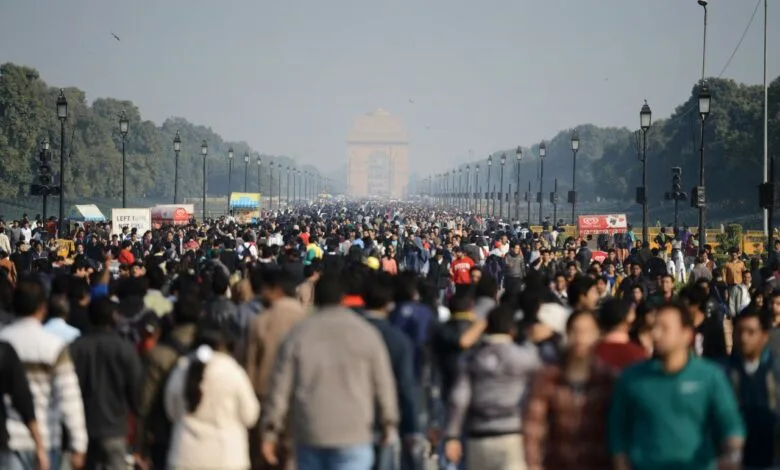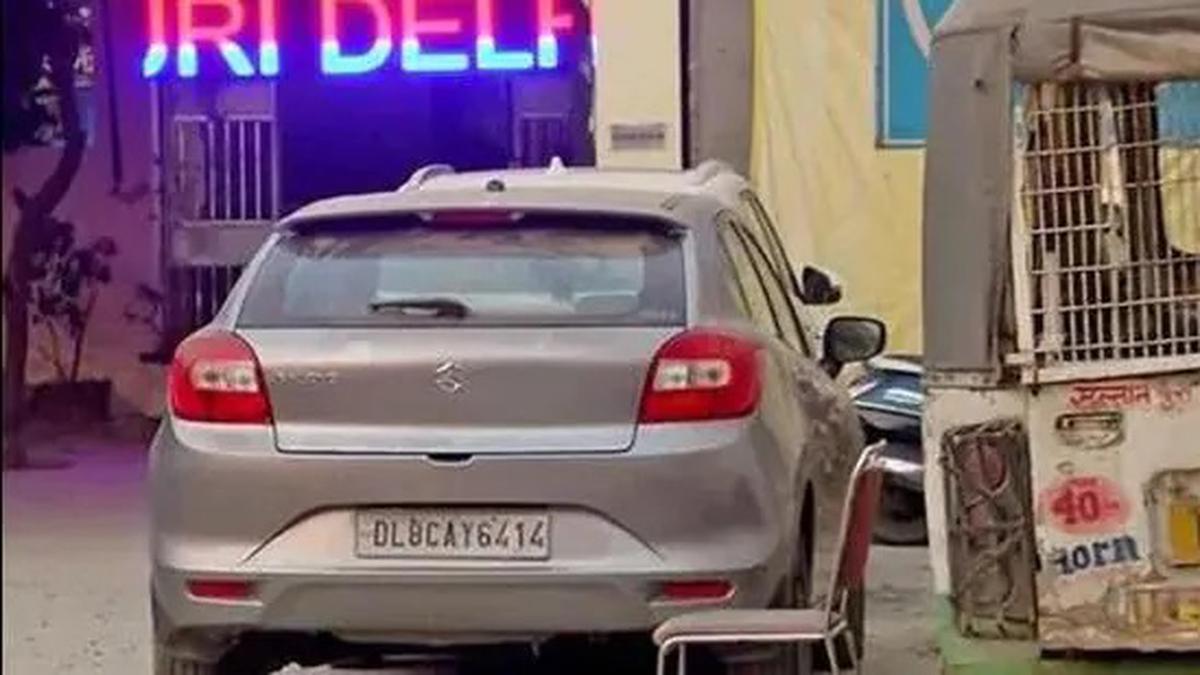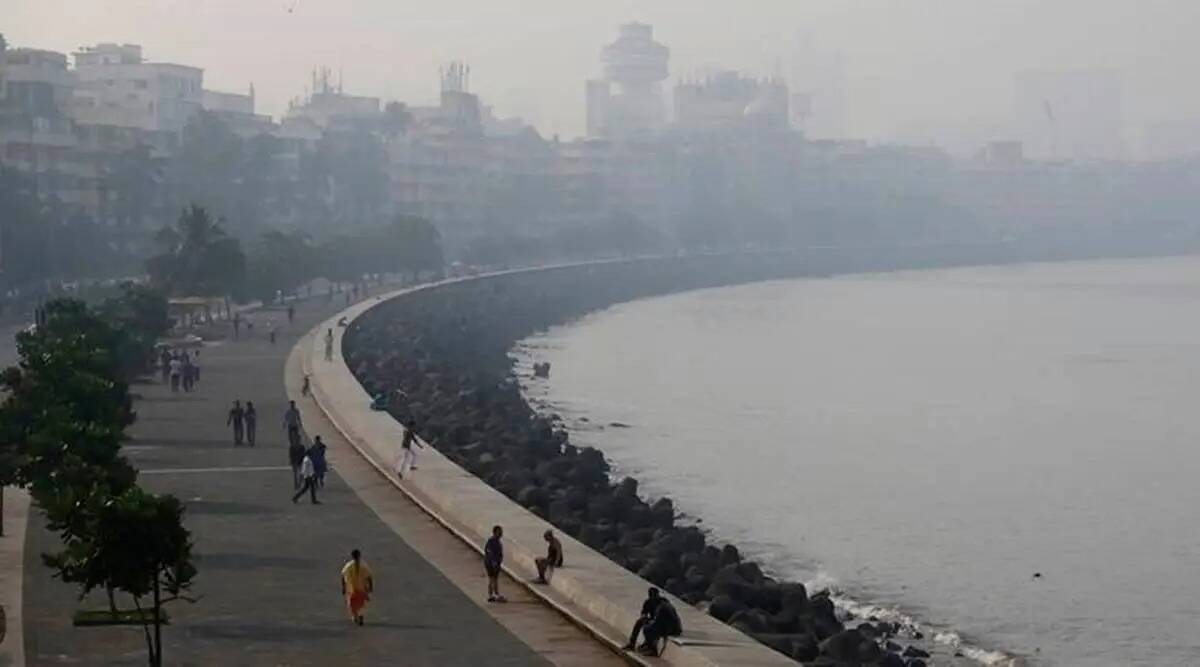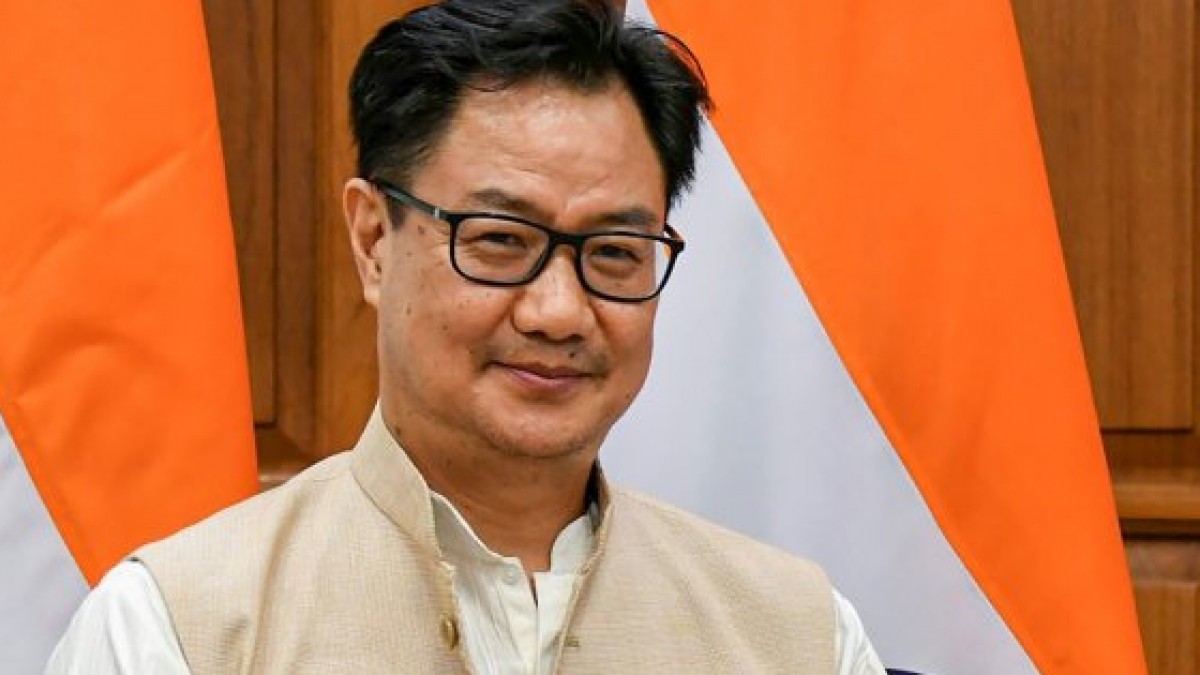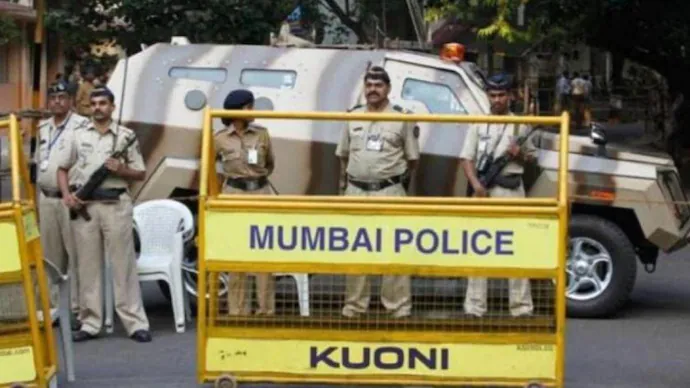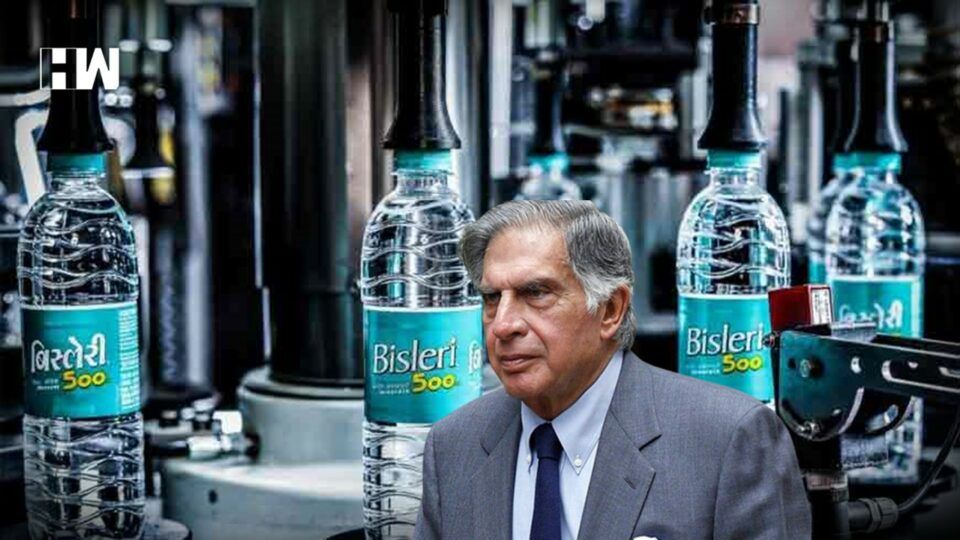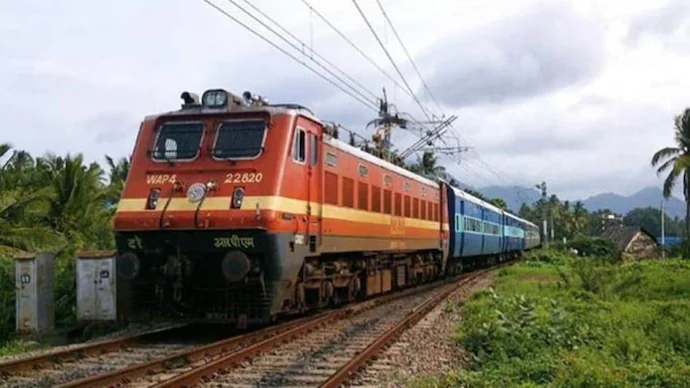
Following a Bangladesh High Court decision to reinstate the controversial 30% government job quota for “freedom fighters” and their descendants, protests broke out.
Bangladesh stated on Wednesday, July 17, that it will close all public and private institutions for good. The announcement followed widespread nationwide demonstrations over a contentious government employment quota system that resulted in at least six fatalities and over 400 injuries.
Following a significant uprising spearheaded by educators and students, the Bangladesh High Court on June 5 reinstated the 30% quota for descendants of independence fighters in government employment, which had been removed in 2018. This decision sparked the current round of protests.
On Sunday, Prime Minister Sheikh Hasina fanned the flames even further by calling the demonstrators “razakars,” a pejorative term for “traitors” in Bangla with a somber past.
A contentious quota structure
In Bangladesh, government employment are greatly sought after as a reliable and profitable source of income. Approximately 400,000 grads compete annually for about 3,000 of these jobs, according to AP.
Up to 2018, several groups were assigned 56% of government positions. Thirty percent were set aside for the families of veterans who had fought in 1971 to free Bangladesh. 10% of the population was designated for women and those from impoverished areas; indigenous members received 5% of the reservation; and 1% was set aside for those with impairments. Only 44% of all vacancies remained open for general admission.
Since many believed that the independence fighters’ quota favored individuals who supported Hasina’s party, the Awami League, which led the Bangladeshi liberation battle, it was especially divisive. People’s discontent were exacerbated by the unique tests required of quota candidates, the different age restrictions for each category, and the fact that many quota seats remained unfilled despite the unemployment of eligible candidates on the merit list.
In April 2018, educators and students began a four-month-long sit-in demanding the elimination of these restrictions and a ten percent reduction in the total reservation. As a result, there was violence, with demonstrators fighting with police and members of the ruling Awami League’s student branch, the Bangladesh Chhatra League (BCL). Hasina declared that all quotas would be eliminated in response to a global outcry.
Big demonstrations and a court decision
The Bangladesh Supreme Court’s High Court Division issued a ruling on June 5, 2024, to reverse the 2018 order that repealed all reservations, including the controversial 30% independence fighters’ quota.
Although there had been some resistance in Dhaka in June, major protests began after the celebration of Eid-ul-Adha ended on June 17. On July 7, the nationwide Bangla Bandh went into effect, notwithstanding the Supreme Court’s Appellate Division’s one-month suspension of the order’s execution.
This time, protestors have called for the elimination of discriminatory quotas across all grade levels, a 5% cap on the total reserve for historically underrepresented groups as stipulated in the constitution, and the passage of a law in parliament to effectuate these changes. This effectively means that the quota benefits for tribal people and physically impaired persons are kept in place, but the quota that empowers the families of independence fighters is eliminated.
Clashes between anti-quota demonstrators, the BCL, and police on Monday at several campuses around the nation gave rise to violent protests. All educational institutions in Bangladesh were forced to close indefinitely after at least six people—three of them students—were slain.


Additionally, the higher secondary certificate exam that was supposed to take place on Thursday has been canceled. Across the nation, the Border Guard has been stationed at several locations.
The UN Secretary-General’s spokesperson, Stéphane Dujarric, pleaded with the government of Bangladesh on Tuesday to acknowledge the demonstrators’ right to a peaceful protest and to work toward a peaceful outcome.
Hasina’s jab at Razakar
Nevertheless, Hasina hasn’t done much to defuse tensions thus far. Rather, the issue has gotten worse as a result of her remarks.
Are the children and descendants of liberation fighters devoid of skill? Are the Razakars’ children and descendants the only gifted ones? she stated on Sunday at a press conference.








































































